The current under-five mortality rate in Ghana stands at 79 per 1000 live births.
However, Ghana has the highest mobile penetration in West Africa and already outdoes many of its regional counterparts.
Caregivers in hard-to-reach areas in Ghana are using mobile phones to improve child survival.
Afia Osei, a petty trader at Akutuase in the Asante North district of the Ashanti region of Ghana can’t afford to let her 1-year-old daughter sway from her side.
Though she’s gone past the weaning stage, she’d allow her to latch onto the little reservoir of milk left in her chest for a while.
A month ago, she nearly lost her to convulsion, a condition locally termed as “Asram esuro”, where a child between the ages of one and five experiences a sharp rise in temperature, convulsing with a clenched fist.
Asram is a traditionally-defined childhood illness complex in Ghana, which has been associated with spiritual causes, rather than physical or biomedical.
Research carried out by Dr. Princess Ruhama Acheampong of the School of Public Health, Kwame Nkrumah University of Science and Technology (KNUST), in 2022 established 10 different types of these diseases, of which “Asram esuro” is one of the most prominent.
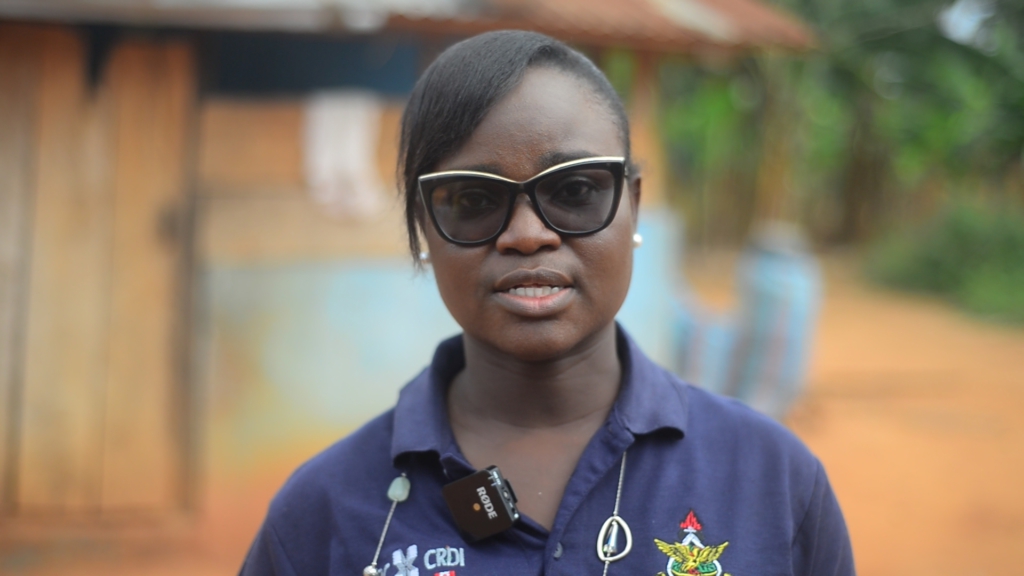
The traditional belief surrounding the management of this condition forbade Afia from carrying her own baby.
“We know if a mother carries her baby, the baby is likely to die,” she said. “So, I had to call for one of my neighbours to take her to a traditional healer.”
According to Dr. Princess, for this type of “Asram”, the children normally spend close to a week at an “Asram” healer facility.
They are usually treated with a concoction of herbs. She however noted the patients are referred to the hospital when they see little improvement.
Though there have been many successes, she reveals many other children end up dying in the course of the treatment.
Afia, however, was lucky, as her daughter got better on the third day of treatment.
Under-5 scare
The current under-five mortality rate in Ghana stands at 79 per 1000 live births.
These deaths are a result of preventable diseases including malaria, upper respiratory infections, diarrhoeal-related diseases and asphyxia.
One of the principal causes of these deaths stems from delays in seeking healthcare among caregivers.
An epidemiologist at the Kwame Nkrumah University of Science and Technology, Prof. Ellis Owusu-Dabo observes these caregivers lack the capacity to identify and pick up early symptoms of disease in their children for early intervention.
“The caregivers are not able to report early to a health facility and this results in the demise of their wards,” he pointed out.
Telephony to the rescue
According to the Global System for Mobile Communications Association, mobile adoption in Ghana stood at 55 per cent, higher than the regional average of 44.8 per cent.
This means many people can be served through digital services, impacting positively on the growth of the digital economy.
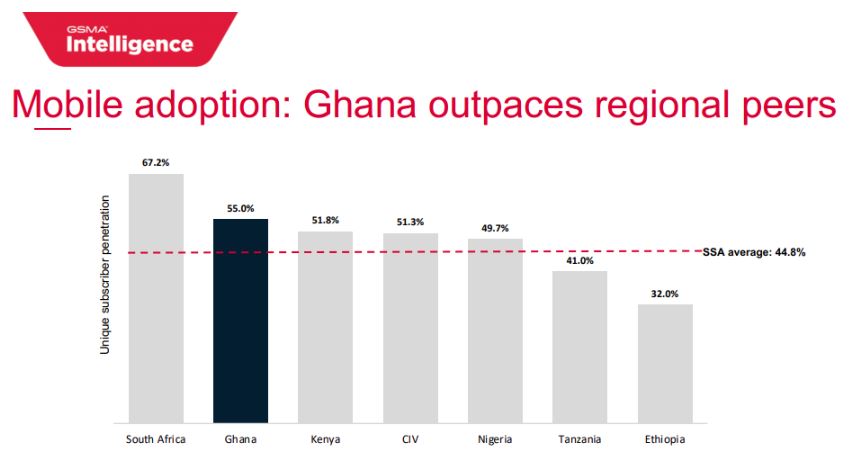
Meanwhile, a well-functioning health system with a robust Health Information System (HIS) could easily respond and deliver real-time data for the management of most of these preventable childhood illnesses, amid increased mobile phone use in Ghana.
The Mobile phone-based Interactive Voice Response IVR system called MobChild, a collaboration between the School of Public Health, KNUST and Esoko Ghana and funded by the International Development Research Centre seeks to complement and strengthen existing health information systems for early detection of childhood illnesses.
The IVR technology seeks to empower caregivers to identify the health problems of their children for early intervention.
According to Prof. Ellis Owusu-Dabo who is the principal investigator of the project, the caregiver calls into the system which responds in the local language, and on the basis of the symptoms, they will be directed as to what action to take.
“A mother dials 0800 711 711 and after dialing she’ll receive a voice prompt message on what’s wrong with the child. And she has to follow the prompts and the system will pick the symptoms. The system is designed on common disease symptoms of children under 5,” he explained.
This has been made possible through the training of health workers who go into the communities to teach the caregivers how to utilize the system.
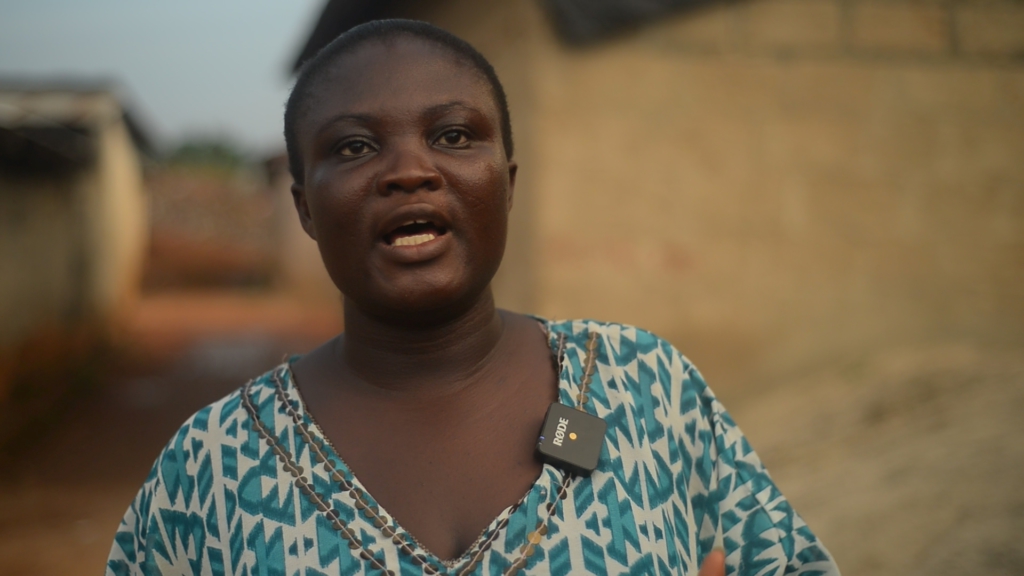
Women empowerment
Mansah, a mother of 3, knows as soon as any of her children become sluggish, it’s time to visit a health facility.
“My kids like playing a lot. If I notice they’re quiet and feverish, I know they’re not well,” he said.
However, she wasn’t able to take the children to the hospital all by herself, she had to seek her husband’s consent before seeking healthcare. Now, after using the system for a while, she’s overcome that.
“Even if my husband isn’t around, I simply call in and I can even take them to the hospital, if need be,” he said.
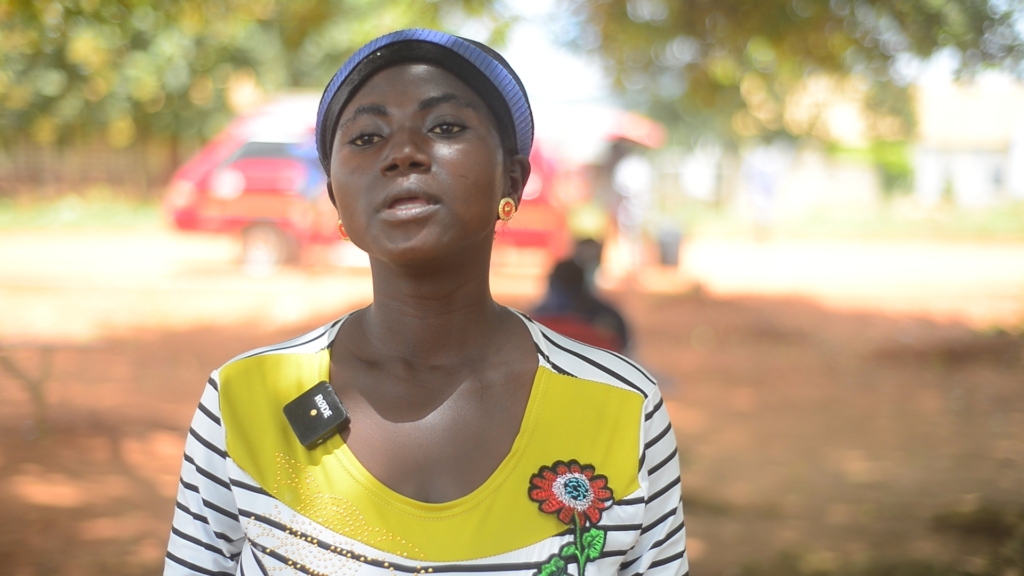
Data availability
Data unavailability in sub-Saharan Africa has affected many health outcomes. But the advent of Mobchild has changed all that.
One of the investigators on the project, Dr. Aliyu Mohammed, is optimistic Mobchild has addressed the issue of health data unavailability.
He revealed since the rollout of the project in 2019, a total of 2,045 calls were recorded by the system as at 2021. Of the registered calls, there was an overall uptake of 66%.
Again, out of the total calls made to the system, over 1400 were unregistered-without prior registration by the system but managed to make calls for help.
“Mobchild was conceptualized to among other things make data available to the district health management team,” he said.
All caregivers accessed the system for health advice regarding what to do with their sick children.
A community health nurse at Akutuase CHPS compound, Rose, notes the system has been very crucial in healthcare planning.
“It help has really helped us to plan especially when we’re going for drugs. You get to the under-5 cases and by doing so, we get to the drugs we need to have and how to educate them during the normal routine home visits,” she said.
District health director of Asante Akim North, Roland Mia revealed his outfit has been employing the platform to seek support.
“We have even used that as a yardstick to write proposals for support. It has been very useful,” he said.
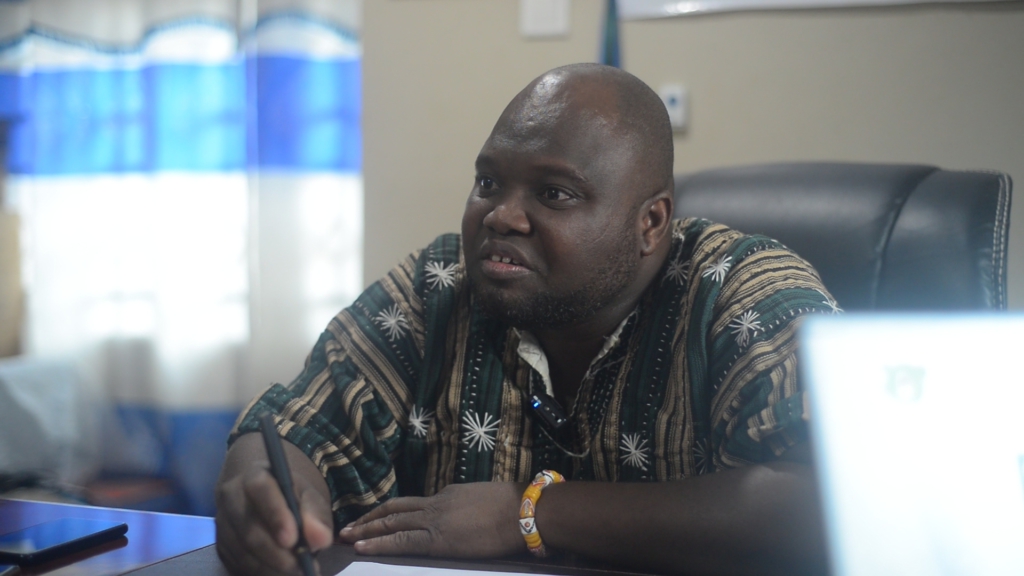
Going forward
With preventive health at the heart of the system, Dr. Princess Ruhuma Acheampong who was a PhD student on the project said, they have introduced health education prompts twice a week via the phone on health care seeking and nutrition.
“They are educated twice every week on how they can identify danger signs in their children and another on nutrition,” she said
Kwame, a teacher who attests to the system’s benefits, is however appealing for free distribution of mobile phones to caregivers who can’t afford it.
“I’ve been telling my friends of the benefits, I’ve gotten out of the Mobchild. I’ve been urging them to use the platform,” he said.
“Some of the people can’t afford mobile phones and that can hinder their access to this system,” he added.
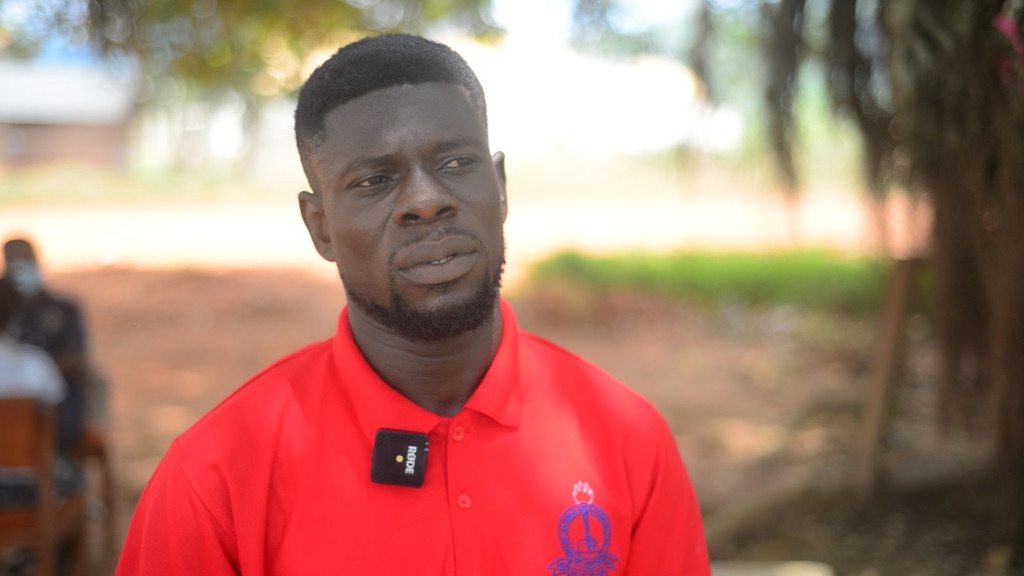
Ghana is still struggling to meet the SDG target. Hopefully, the Mobchild system which allows parents to seek and receive diagnosis and treatment of their sick children in the comfort of their homes would take Ghana there. That would mean a concerted effort by the government and other stakeholders to upscale it nationwide.





